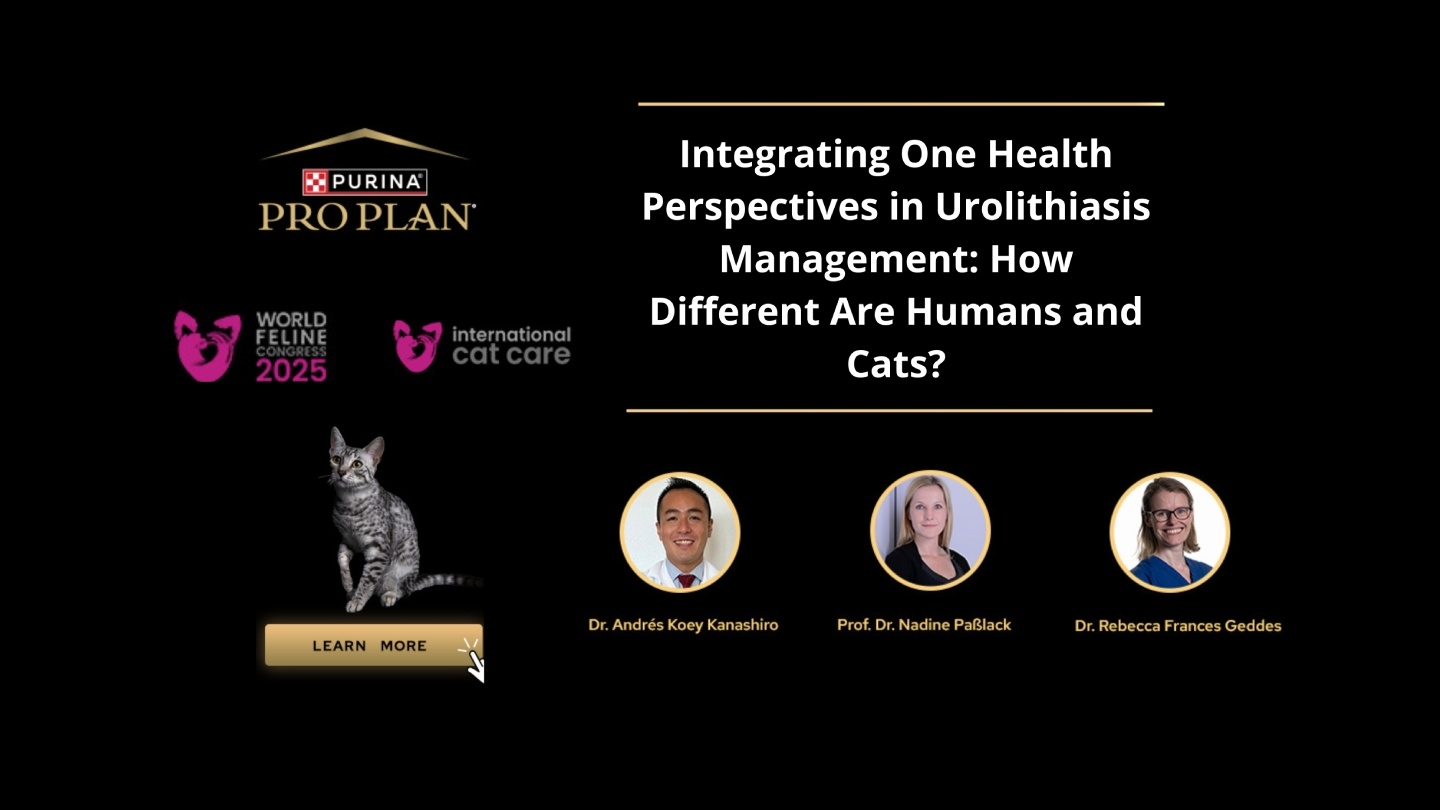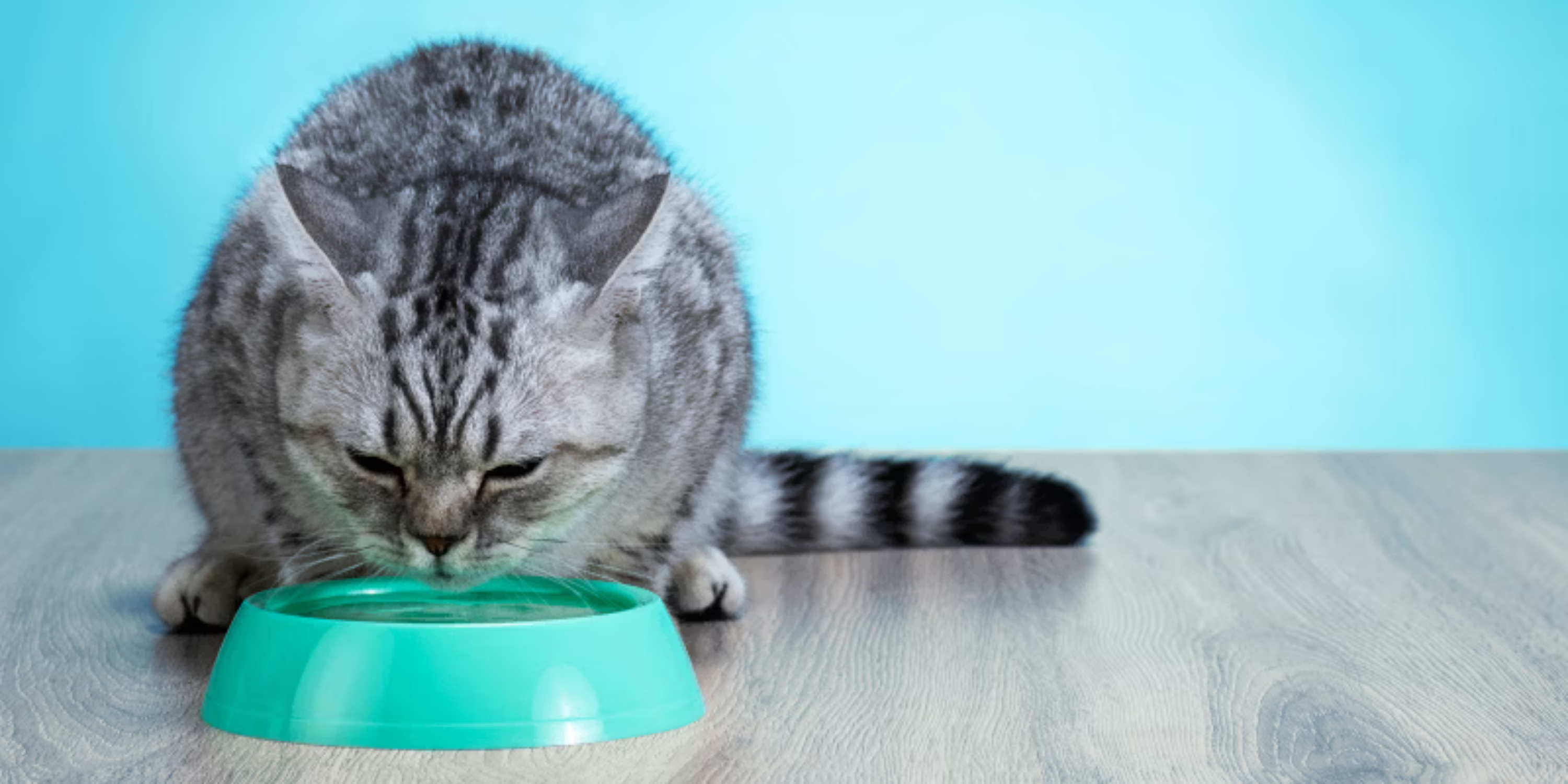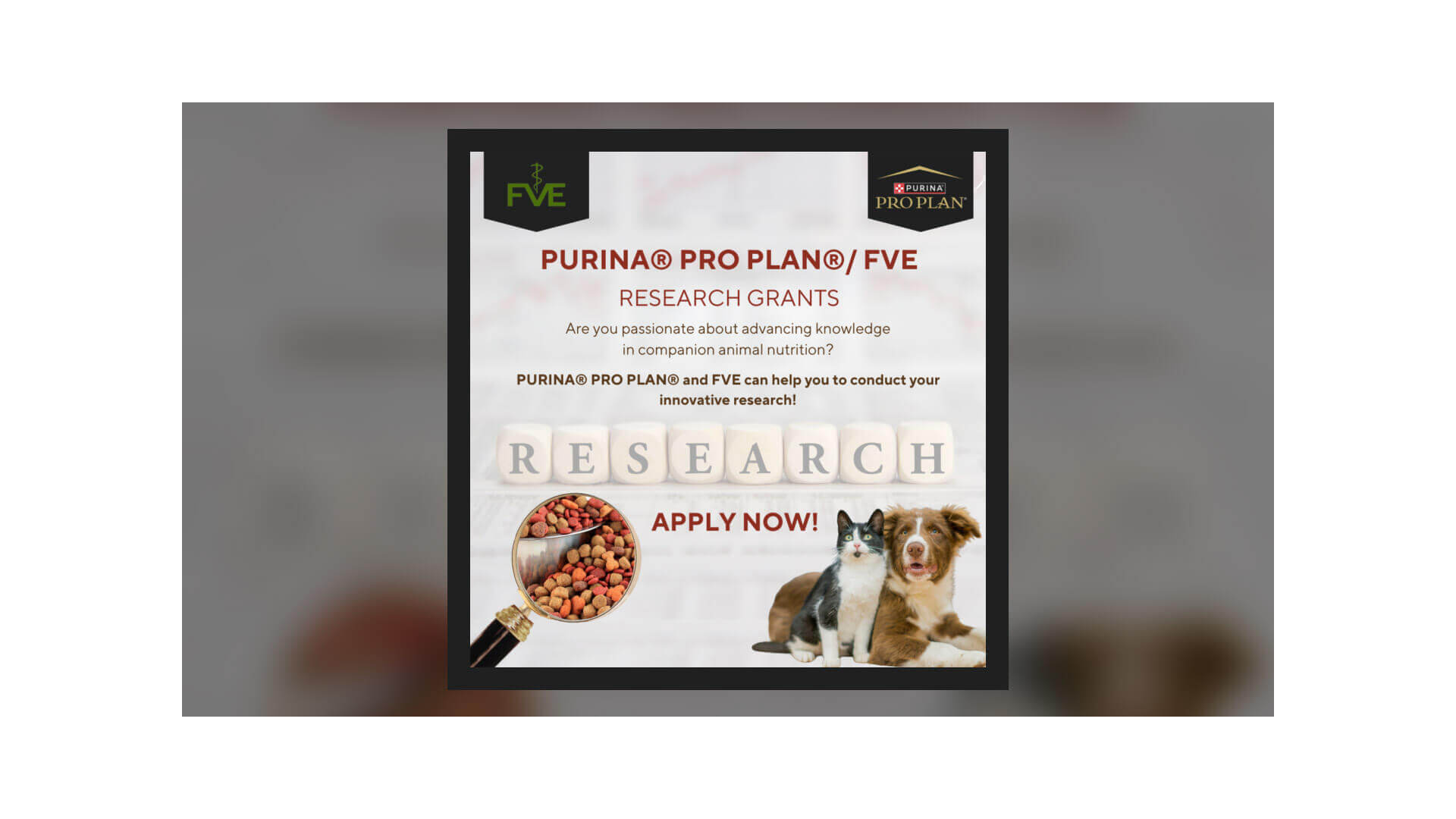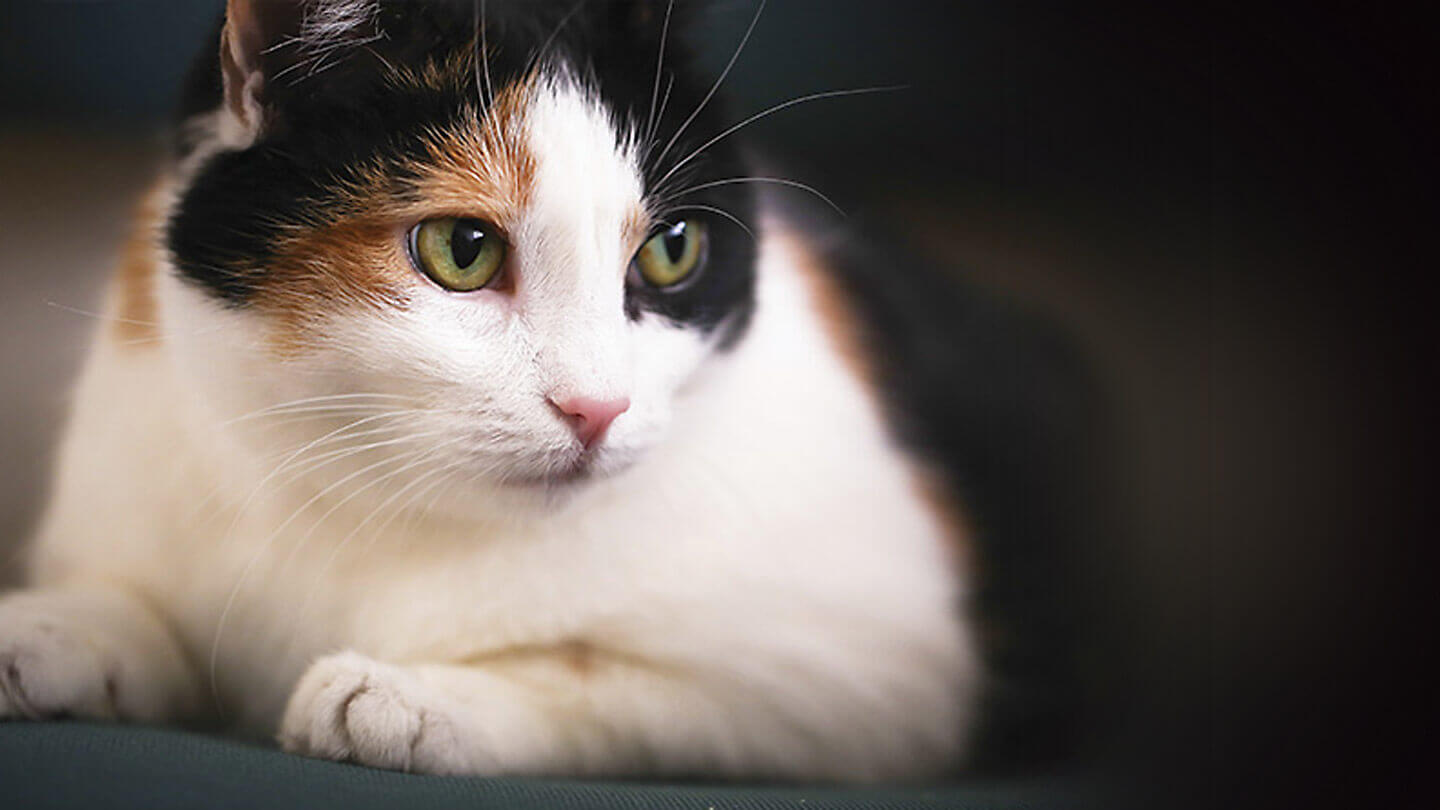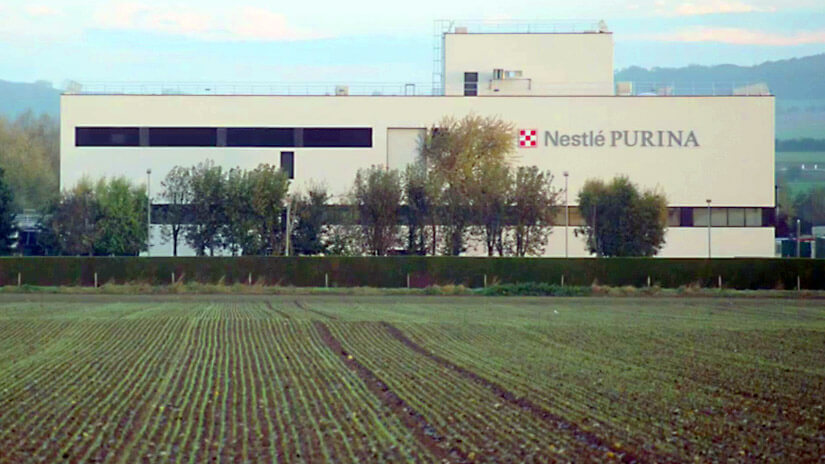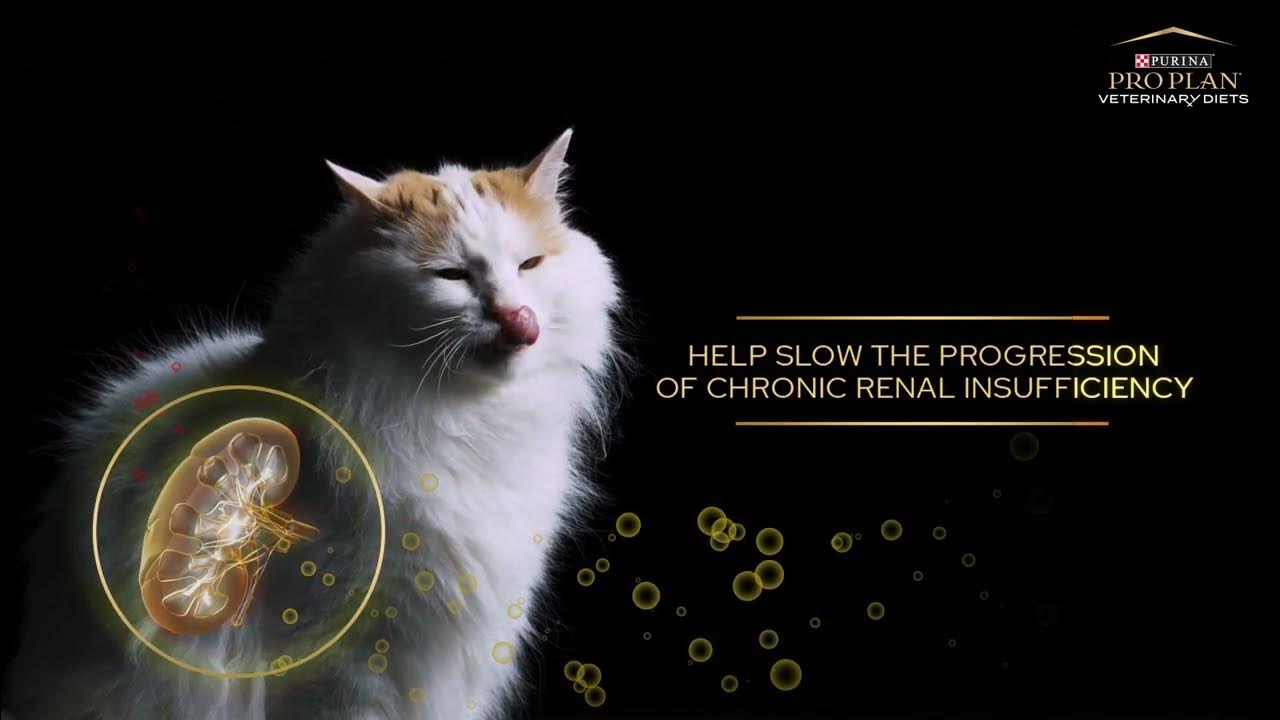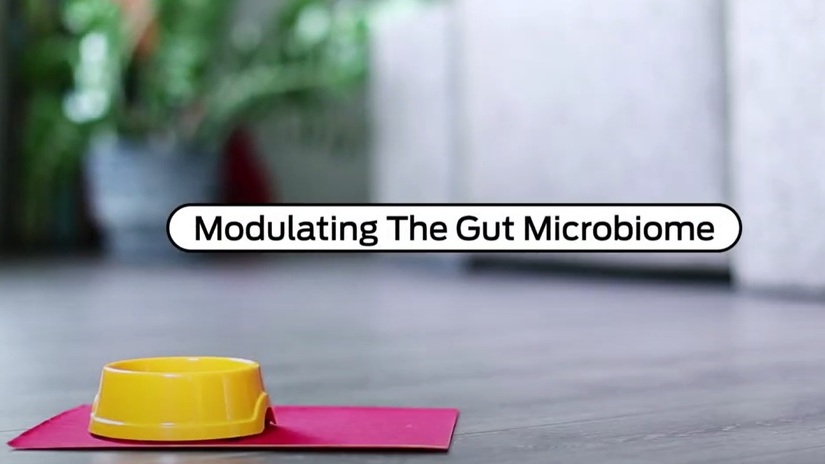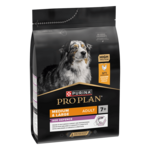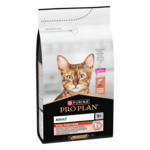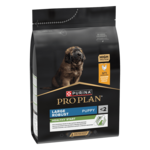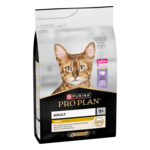
Groundbreaking 'One Health' Discussion at World Feline Congress 2025 Illuminates Shared Challenges in Feline and Human Urinary Health
Edinburgh, Scotland – June 28, 2025 – The World Feline Congress 2025 concluded a pivotal round table discussion, bringing together leading experts from human and veterinary medicine o explore the key similarities and differences in urinary health, especially urolithiasis (urinary stones), affecting both cats and humans. This engaging 90-minute session, held on June 28th, exemplified the practical application of the "One Health" concept, moving it from a buzzword to a "lived reality" in clinical and research settings.
The diverse panel featured a human urologist, a veterinary internal medicine specialist, and a veterinary nutritionist, fostering a "really great mix of perspectives". Their mission was to extract "practical nuggets" for veterinary professionals grappling with the often-challenging cases of urinary stone management.
The panel featured:
- Dr. Andres Doey Kanashiro, Urologist MD at Fundació Puigvert
- Prof. Dr. Nadine Paßlack, Small Animal Clinic (Internal Medicine)
- Dr. Rebecca Geddes, Lecturer in Small Animal Internal Medicine
Key insights from the discussion highlighted both striking parallels and interesting difference:
- Striking Similarities in Stone Composition: A "striking similarity" was observed in stone types, with a significant majority of human stones being calcium oxalate, this proportion also increases dramatically for upper urinary tract stones in cats in referral practice.
- Different Diagnostic Approaches: Despite shared pathology, diagnostic methods "differ quite significantly". While a 24-hour urine collection and detailed stone analysis are standard in human medicine, obtaining a reliable 24-hour urine sample in cats is "notoriously difficult," challenging direct comparisons of underlying metabolic issues.
- Re-evaluating Pain in Felines: A powerful moment arose when the human urologist described renal colic – the intense pain from a moving stone – as "unforgettable". This demands a "radical rethink" of how veterinary professionals perceive and manage pain in cats with similar conditions, given that feline pain is "often subtle masked" and highlights a "gaping hole in veterinary pain research for this condition".
- Nutritional Management Strategies:
- Struvite Stones: For struvite stones in cats, commercial dissolution diets are "incredibly effective," often allowing avoidance of surgery entirely. These diets acidify urine and restrict magnesium, protein, and phosphorus. Interestingly, in human medicine, surgery is often preferred for struvite, making the feline dietary dissolution success a potential "one health insight potentially flowing back the other way".
- Water Intake: Human recommendations are demanding (over 2 liters daily and strict salt reduction). The core message for cats remains: "total water amount is key," achieved through wet food, fountains, or multiple bowls and nutrient-enriched food complements, because of HydraCare.
- Future Technologies: Human urology boasts technologies as medical procedure to manage kidney stones. While some initiatives are limited in veterinary medicine, technologies can potentially lead to less invasive stone removal and reduce the need for major surgery in cats.
"This entire discussion perfectly illustrated that one health idea in practice," noted a participant, emphasizing how insights from human medicine can inform veterinary approaches, and vice versa. It underscored both the significant overlaps and the distinct challenges in managing urolithiasis across species.
The World Feline Congress 2025 concluded by posing a vital question to the veterinary community: "how can we keep leveraging these kinds of cross species discussions, these shared technologies and insights to keep improving outcomes for our patients, not just for urinary stones, but for all sorts of complex conditions we see day in day out?".
About the World Feline Congress
The World Feline Congress is a premier event dedicated to advancing feline health through cutting-edge research, collaborative discussions, and the sharing of best practices among veterinary professionals worldwide.

